Between 30 August and 9 September, the 80th Venice Film Festival will take place, in what on the programme at least is going to be a splendid edition. David Fincher, Sofia Coppola, Woody Allen, Ava DuVernay, Yorgos Lanthimos, Michael Mann, Pablo Larrain, Roman Polanski, Bradley Cooper and Wes Anderson, among other directors, will be making their world premieres at the Lido. Despite fears that the actors’ and screenwriters’ strikes in the United States would dampen the event, and as Biennale director Alberto Barbera announced at the press conference, they have finally only affected the film scheduled for the opening, Challengers (Luca Guadagnino, 2024), starring Josh O’Connor and Zendaya. In its place, Edoardo de Angelis’ Comandante will be screened, a film in the official section starring Pierfrancesco Favino who will double in competition, a spectacular anti-militarist plea based on the biography of a Sicilian hero of the Second World War.
The festival has been inaugurated twice by the new president of its official section jury, Damien Chazelle, who did so in 2016 with La La Land and in 2018 with First Man. In his new task he will face 26 films —only five directed by women— among which the American and Italian productions stand out, tied at six, and the four French (two of them in co-production). The rest of the jury is formed by Saleh Bakri, a Palestinian film and theatre actor, Jane Campion, the New Zealand director who won the Grand Jury Prize at Venice with her second film (An Angel at My Table) and the Silver Lion for Best Director with The Power of the Dog, director Mia Hansen-Løve, and Italian director, actor, composer and producer Gabriele Mainetti, who competed at the festival in 2021 with his second film Freaks Out.
Chazelle will also be joined by director Martin McDonagh —The Banshees of Inisherin was in competition last year, and with Three Billboards Outside Ebbing, Missouri won Best Screenplay in Venice in 2017—; Santiago Mitre, a writer and director who also premiered his film Argentina, 1985 at the last Venice Film Festival; American director Laura Poitras, winner of the Golden Lion last year with All the Beauty and the Bloodshed; and, Shu Qi, a Chinese actress who has worked on three films by Hou Hsiao-Hsien. The Jury will decide the winners of the Golden Lion for Best Film, Silver Lion-Grand Jury Prize, Coppa Volpi for Best Actor and Best Actress, Special Jury Prize, Best Screenplay Award and the “Marcello Mastroianni” Award for Best Young Performer.
Once again this year, we can’t avoid mentioning the excellent relationship that Netflix maintains with the Venetian festival, which on this occasion is materialised in three titles in competition, The Killer (David Fincher, 2023), Maestro (Bradley Cooper, 2023) and The Count (Pablo Larraín, 2023), as well as the support for two great directors cancelled with little disguise at the last Cannes Festival and who will premiere out of competition: The romantic thriller Coup de Chance (Woody Allen, 2023) and the black comedy The Palace (Roman Polanski, 2023), set in a luxurious Swiss hotel at the eve of the new millennium.
After the screening of Comandante on 30 August, the official section will be rolling out a very promising programme, in which we will see (and report on from the Lido) four other biographies. One of them, from a more allegorical perspective, is The Count, in which Pablo Larraín—who has already approached the figures in Jackie (2016) and Spencer (2021) with his own style— describes the infamous Chilean dictator Augusto Pinochet, played by Alfredo Castro (The Club, Pablo Larraín, 2015) turned vampire. More positive will be Bradley Cooper‘s look at Leonard Berstein in Maestro, produced by Martin Scorsese, Steven Spielberg and Todd Phillips, in which he plays the musician, accompanied by Carey Mulligan, the film combines colour and black and white photography, and seems to set up his Oscar run. Likewise, car tycoon Enzo Ferrari will be biographised by Michael Mann and played by Adam Driver (and reprising his role as an Italian tycoon) alongside Penélope Cruz, in Ferrari, which will be released in the US on Christmas Day.
And finally, we will see Cailee Spaeny alongside Dagmara Dominczyk emulate the King’s iconic wife in Sofia Coppola‘s Priscilla, where Jacob Elordi plays Elvis in a biopic based on Priscilla Presley‘s memoirs (Elvis and Me, 1985). The director of On the Rocks (2020) is joined by four other female directors in the official competition: Ava DuVernay with Origin, inspired by Isabel Wilkerson‘s Pulitzer Prize-winning play, Casta: The Origins of Our Discontents; Poland’s Agnieszka Holland and Malgorzata Szumowska, the former with The Green Border, a drama about the humanitarian crisis of migrants entering Poland in 2021, involving Belarusian President Lukaschenko, and the latter with Woman Of, co-directed with Michal Englert, in which the LGTBI theme bursts into the festival —we still don’t know if Cooper will address this aspect of his biography— through Adam, a family man who doesn’t feel identified with his body, and in which Joanna Kulig (Cold War, Pawel Pawlikowski, 2018) participates. Belgian director Fien Troch is also in competition with Holly, a French-Benelux production about a 15-year-old girl who predicts a school shooting, and whose village demands her increasing involvement in the life of the community.
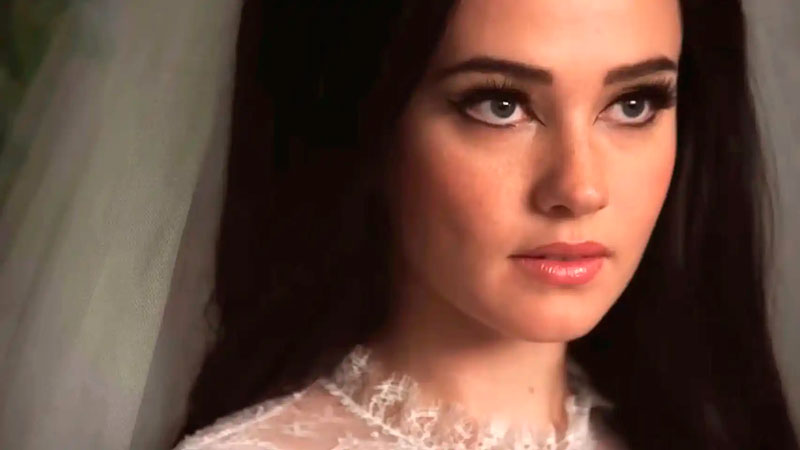
Priscilla (Sofia Coppola, 2023).
Also scheduled to be screened are Bastarden/The Promised Land, the co-production of Denmark, Germany and Switzerland directed by Nikolaj Arcel, a period drama set in the 18th century starring Mads Mikkelsen; Dogman, by Luc Besson —whose last film was Lucy (2019)— starring Caleb Landry Jones (Nitram) as a man who finds personal salvation through his love of dogs. Another redemption story comes in the form of sci-fi with Bertrand Bonello and La bête, where Léa Seydoux will travel through her past lives and purify her DNA; a genre combined with Lanthimos’ own surrealism, which will also be present with a romance embodied by Emma Stone, Mark Ruffalo and Willem Dafoe in Poor Things. Stéphane Brizé‘s romantic drama Hors-Saison, starring Guillaume Canet and Alba Rohrwacher, will compete with Michel Franco, who directs Jessica Chastain and Peter Sarsgaard in Memory, where a couple tries to rebuild their relationship, threatened by trauma and dementia.
Cinema within cinema, in a context as reflected in the films as the 1950s Cinecittà, is the focus of another of the Italian films in competition, Saverio Costanzo‘s Finalmente l’alba, starring Lily James, Joe Keery and Willem Dafoe; while Pietro Castellitto will present Enea —sequel to the Orizzonti award-winning Best Screenplay, The Predators (2020)— starring his father, Sergio Castellitto, and Benedetta Porcaroli. Giorgio Diritti —director of the powerful Volemo nascondermi, the biopic of Italian painter Antonio Ligabue— brings us another powerful story of persecution, where Franz Rugowski, one of Europe’s most admired actors, plays Lubo, after whom the film is named, a man who loses his family to an organisation based on eugenics.
The Italian crime thriller comes to the Lido with the director of the TV series Gomorrah, Stefano Sollima, who directs Pierfrancesco Favino and Toni Servillo in Adagio, while Matteo Garrone, who brought it to the big screen, will present a social drama of African immigrants trying to reach Europe from Dakar, in Io Capitano. David Fincher‘s The Killer, on the other hand, promises an intense drama starring Michael Fassbender, accompanied by Tilda Swinton, as a killer who collapses as soon as he becomes aware of his role.
Asian cinema will have only one presence in competition at the Biennale this year, that of Ryûsuke Hamaguchi, director of the acclaimed Drive My Car (2021), who will premiere Evil Doesn’t Exist, a story in which conflict comes to a village with a new glamping, which threatens their way of life; and Germany will be represented by Timm Kröger with The Theory of Everything, which has been described as a black and white quantum mechanics thriller set in 1962, during a physics conference in the Alps.
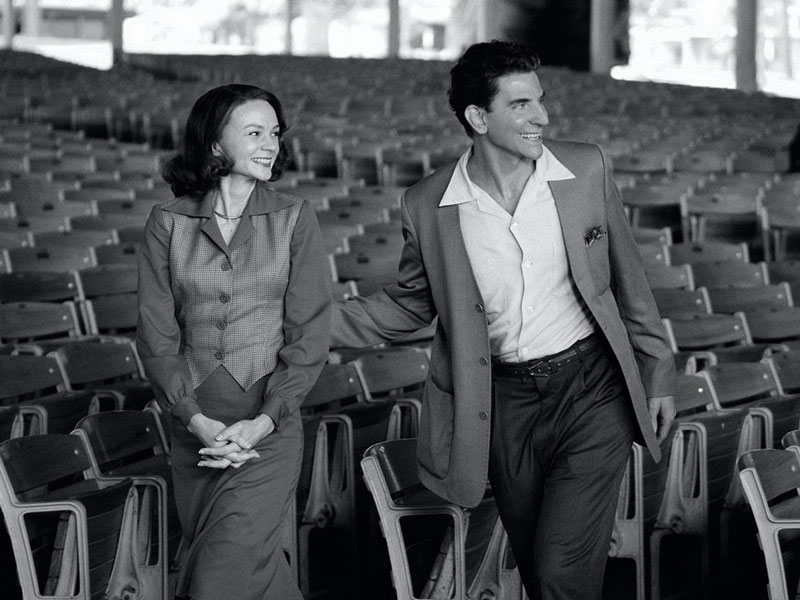
Maestro (Bradley Cooper, 2023).
The Orizzonti and Orizzonti Extra sections will present 18 and 9 films respectively, among which we highlight two boxing dramas: The Featherweight, the biopic of Willie Pep, the mid-20th century featherweight, which is directed by Robert Kolodny and produced by Leonardo DiCaprio, and Day of the Fight, directed by Jack Huston and starring Michael Pitt; Behind the Mountains, by Tunisian Mohamed Ben Attia; Paradise is Burning, the second feature film by Mika Gustafson (Silvana, 2017), as well as Olmo Schnabel‘s romantic thriller Pet Shop Boys, starring Jordi Mollà, Maribel Verdú, Emmanuelle Seigner, Willem Dafoe and Peter Sarsgaard. The Spanish actor is doing double duty in Venice, with Harmony Korine‘s out-of-competition film AggroDr1ft, in which he stars alongside rapper Travis Scott.
Among the films to be presented out of competition, we won’t miss Hit Man, by Richard Linklater, or DAAAAALI! by Venice regular Quentin Dupieux, about the impossible filming of a documentary about the artist, starring Pierre Niney, Anaïs Demoustier and Romain Duris. The Tragedy of the Andes returns to the screen thirty years later with J.A. Bayona‘s Society of the Snow, a co-production between Spain, Chile and Uruguay. Wes Anderson will premiere the short film The Wonderful Story of Henry Sugar, his first original foray on Netflix, which is based on a Roald Dahl short story, starring Benedict Cumberbatch, Ralph Fiennes, Dev Patel and Ben Kingsley. The screening will follow the presentation of the Cartier Glory to the Filmmaker 2023 award to the director of Asteroid City (2023).
At the age of ninety, Liliana Cavani will premiere a new film at the Lido, L’ordine del tempo, a reflection on the end of the world, with Angela Molina and Alessandro Gassman. No less exciting will be the premiere of William Friedkin‘s posthumous film The Caine Mutiny Cour-Martial, produced by Paramount and Showtime, starring Jack Lacy and Kiefer Sutherland, his last film after a ten-year hiatus from fiction. The film is based on Herman Wouk’s Pulitzer Prize-winning novel and, as The New York Times recalled, scheduling it out of competition could not have pleased its director, who repudiated competitions, more. The 50th anniversary of The Exorcist will also be celebrated at the festival, with its restored version by Warner Bros.
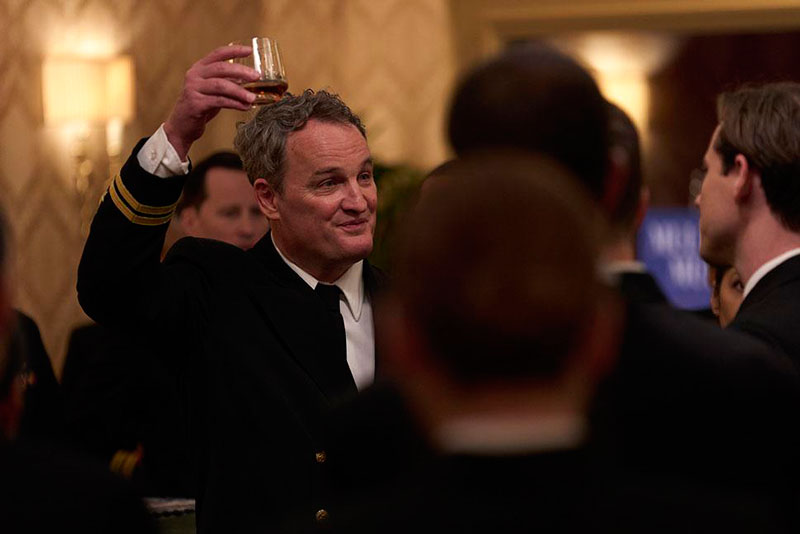
The Caine Mutiny Court-Martial (William Friedkin, 2023)
The programme of classics at the 80th Venice Film Festival, selected by Alberto Barbera and Federico Gironi, has chosen twenty restored films, some of which have also been revised by their directors in a definitive director’s cut, such as Arturo Ripstein‘s Profundo carmesí (1996) and Francis F. Coppola’s One from the Heart (1981). Carlos Saura will be honoured with the screening of La caza (1966) and the fiftieth anniversary of Anna Magnani’s death will be celebrated with a restored 4K version of Bellissima (Luchino Visconti, 1951), as well as the 120th anniversary of Yasujiro Ozu‘s birth, in an almost complete version of Chichi Ariki (1942), a film mutilated by censorship, of which numerous fragments thought to be lost have been found.
The Venice Film Festival has strongly supported new formats and its Immersive section has become a benchmark for other festivals. In its new edition, it has programmed 44 projects (5 360º, 21 VR Standalone, 16 installations, two virtual in VRChat, from 25 countries) 28 in competition, 10 out of competition, 6 projects developed at the Binenale College Cinema-VR.

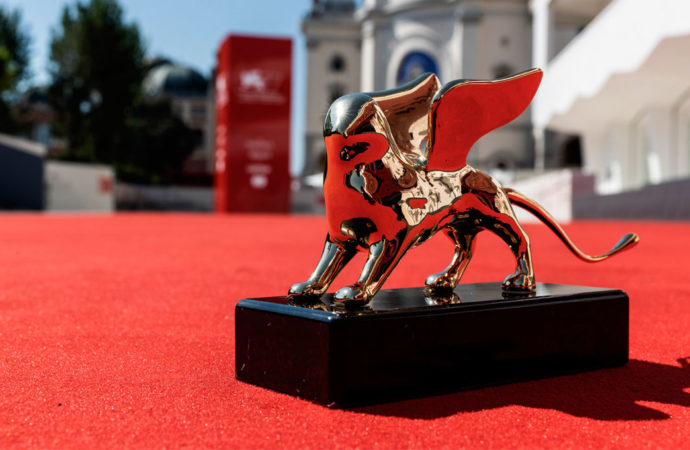

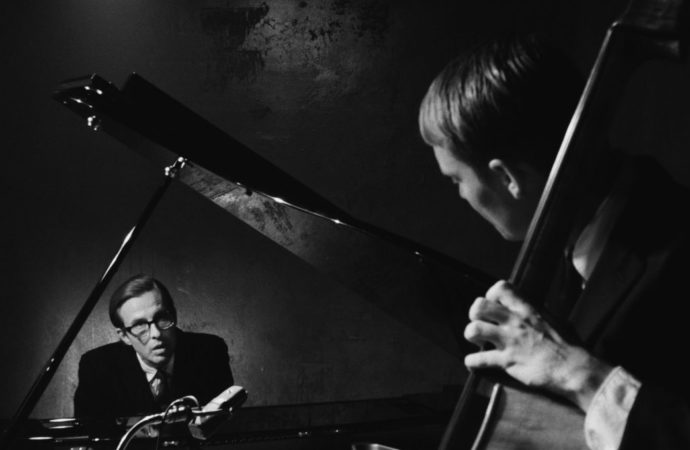
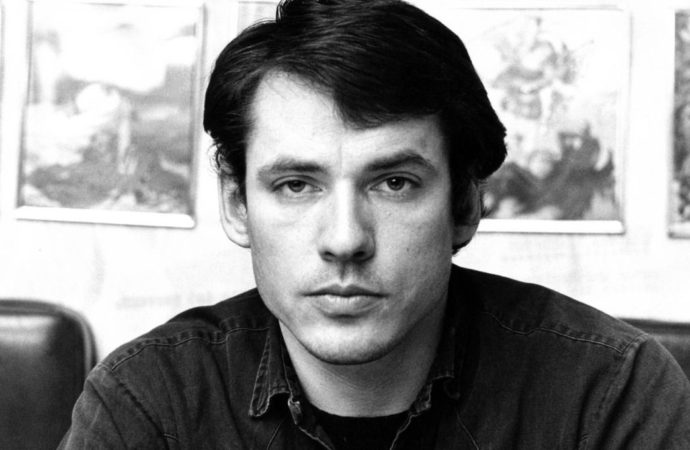
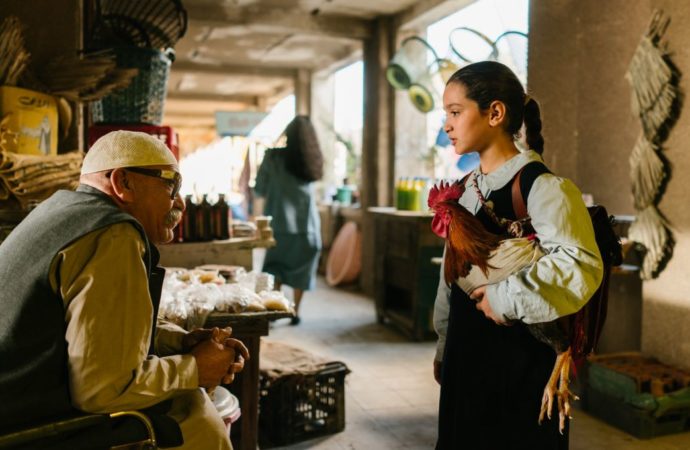
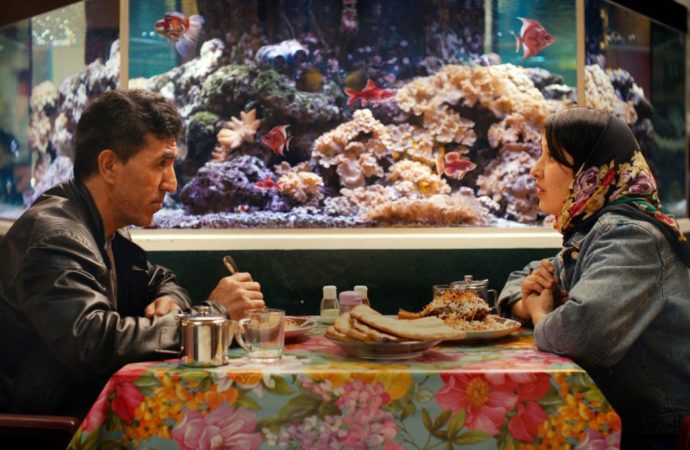

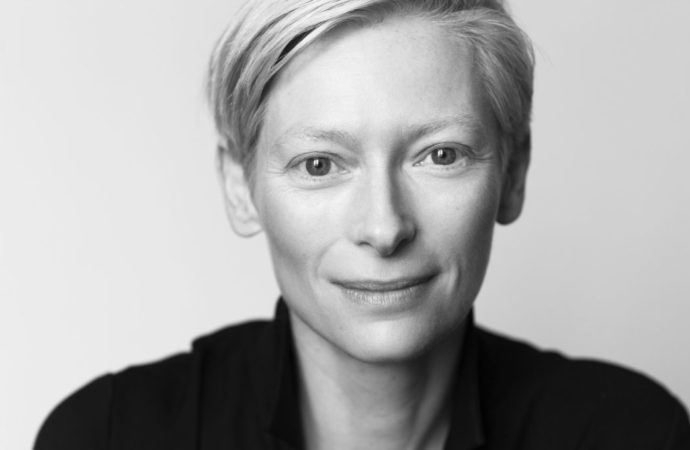
No one has posted any comments yet. Be the first person!